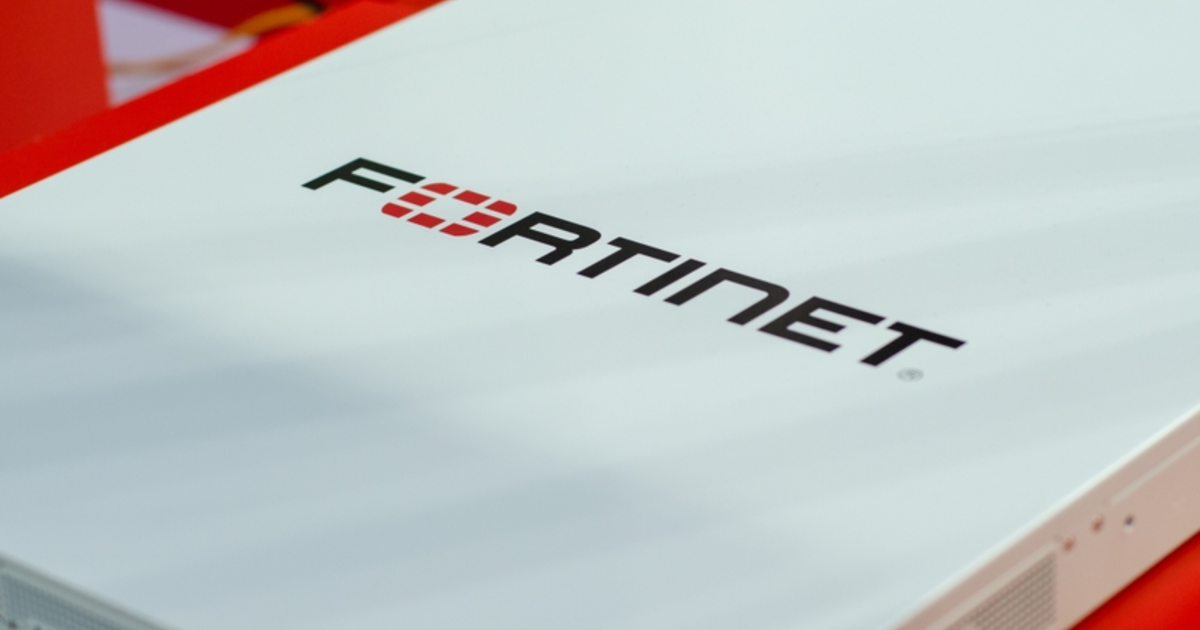Introduction to ProPublica
ProPublica is a Pulitzer Prize-winning investigative newsroom. To receive stories like this one in your inbox, sign up for The Big Story newsletter.
Trump Administration and Ramp
Four days before Donald Trump’s inauguration, the financial technology startup Ramp published a pitch on how to tackle wasteful government spending. In a 4,000-word blog post titled "The Efficiency Formula," Ramp’s CEO and one of its investors echoed ideas similar to those promoted by Trump and his billionaire ally Elon Musk: Federal programs were overrun by fraud, and commonsense business techniques could provide a quick fix. Ramp sells corporate credit cards and artificial intelligence software for businesses to analyze spending. The firm appears to have no existing federal contracts, but the post implied the government should consider hiring it.
Meetings with Government Officials
It didn’t take long for Ramp to find a willing audience. Within Trump’s first three months in office, its executives scored at least four private meetings with the president’s appointees at the General Services Administration (GSA), which oversees major federal contracting. Some of the meetings were organized by the nation’s top procurement officer, Josh Gruenbaum, commissioner of the Federal Acquisition Service. GSA is eying Ramp to get a piece of the government’s $700 billion internal expense card program, known as SmartPay.
Silicon Valley Backing and Investors
Ramp is backed by some of the most powerful figures in Silicon Valley. One of its investors is Peter Thiel, the billionaire venture capitalist who was one of Trump’s earliest supporters in the tech world. Thiel’s firm, Founders Fund, has invested in seven separate rounds of funding for Ramp. The company has raised about $2 billion in venture capital, according to startup tracking website Crunchbase, much of it from firms with ties to Trump and Musk.
Concerns Over Contracting Practices
The special attention Gruenbaum paid to Ramp raised flags inside and outside the agency. "This goes against all the normal contracting safeguards that are set up to prevent contracts from being awarded based on who you know," said Scott Amey, the general counsel with the bipartisan Project on Government Oversight. A senior GSA official, who requested anonymity for fear of retribution, said the high level of attention Ramp received was unusual, especially before a bid had been made public.
Response from GSA
GSA told ProPublica it "refutes any suggestion of unfair or preferential contracting practices," with a spokesperson adding that the "credit card reform initiative has been well known to the public in an effort to address waste, fraud, and abuse." Ramp did not respond to requests for comment.
Influence of Tech Titans
Rabois, one of Ramp’s earliest investors, is part of an influential group of tech titans known as the "PayPal Mafia." Leaders of the early payments company include several influential players surrounding the Trump administration, including Musk and Thiel. Rabois and his husband, Jacob Helberg, hosted a fundraiser that pulled in upwards of $1 million for Trump’s 2024 campaign.
$25 Million Opportunity
Ramp’s first bite of the SmartPay business could come through a pilot program worth up to $25 million that GSA announced several weeks after agency leadership began meeting with the company. At the tail end of the Biden administration, GSA had sent out a request for information (RFI) seeking industry input about how to improve the next iteration of SmartPay. However, some industry players who submitted responses said they did not hear back from the government. Instead, GSA started meeting with Ramp.
Procurement Process
GSA put out a new RFI for the pilot program on March 20, 2025, leaving it open for less than seven business days. Procurement experts told ProPublica that consulting with industry leaders before a major overhaul is good practice — but that the fact-finding process must be evenhanded and led by professional contracting officers. The GSA spokesperson said that "any and all communications with potential vendors, of which there were multiple, has been a part of market research in order to provide the best solution for American taxpayers."
Implications of the SmartPay Contract
The SmartPay contract negotiation has so far flown under the radar. But changes to the credit card program could further transform daily life for federal employees and fundamentally change how agencies operate. It also represents a giant business opportunity. "There’s a lot of money to be made by a new company coming in here," said Hashmi, the former GSA official. "But you have to ask: What is the problem that’s being solved?"
Source Link





